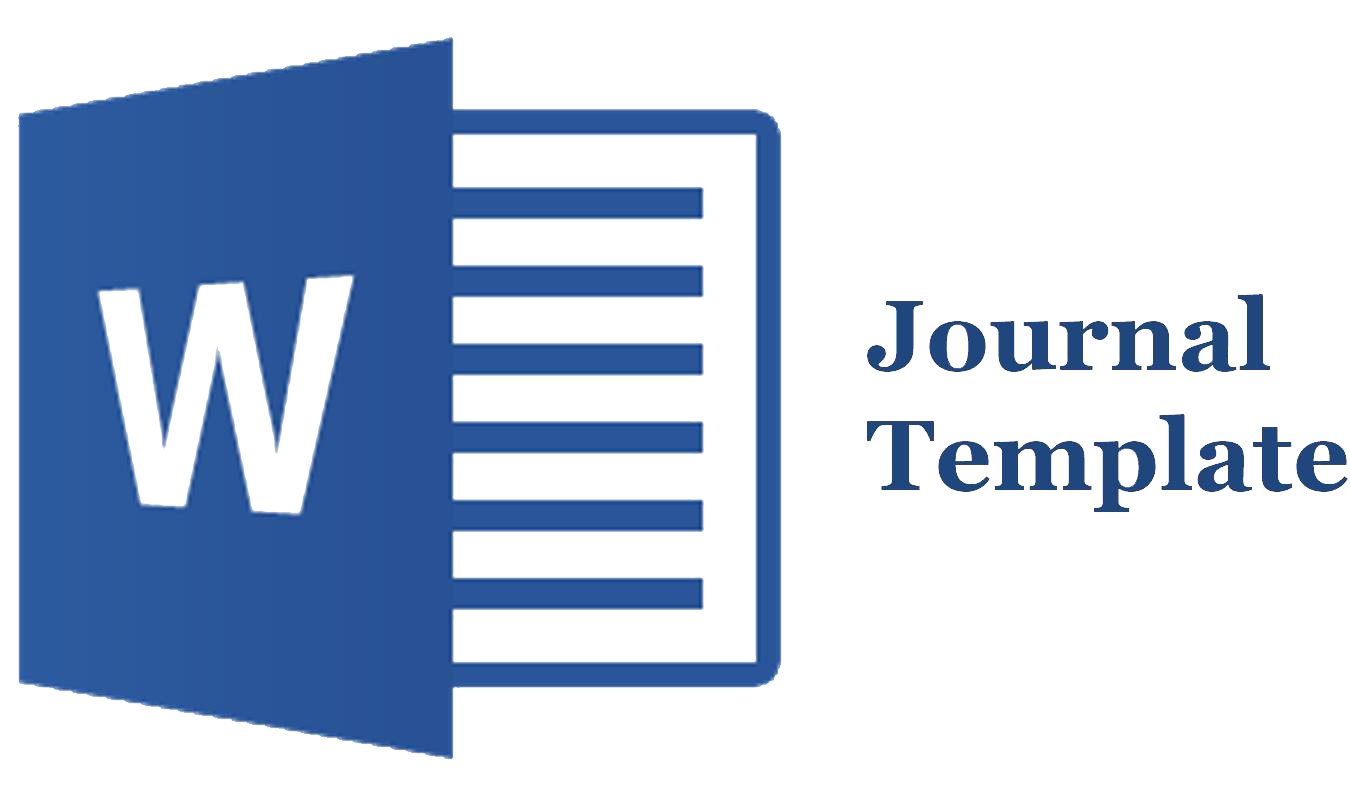Grand Design of Local Tourism Development Policy: A Study of Tourism Development in South Bangka
Abstract
The research entitled "Grand Design of Local Tourism Development Policy: From Vision to Implementation (Study of tourism development in South Bangka)" focuses on tourism development in South Bangka district, including various policies issued as well as evaluation of the implementation process in the policies taken. The research method in this writing is descriptive qualitative research. The results of the research show that the regional tourism development policy design stipulated by the South Bangka Regency Government is contained in the South Bangka Regency Tourism Development Master Plan for 2012 – 2022 in the form of nine policy programs. In practice, the South Bangka tourism development policy which has been implemented for 10 years has not run optimally. This is evident from the evaluation of policy implementation carried out using the theory of evaluation criteria according to William N. Dunn which includes policy effectiveness, efficiency in implementation, adequacy of needs, alignment in policy implementation, responsiveness, and program accuracy. It shows that the nine programs run by the government of South Bangka Regency has not achieved results in accordance with the expected indicators of success.
Keywords:
Evaluation, Policy, Grand Design, TourismDownloads
References
How to Cite
Published
Issue
Section
License
Copyright (c) 2023 Marfina Trivinita, Sarpin Sarpin

This work is licensed under a Creative Commons Attribution-NonCommercial-ShareAlike 4.0 International License.
- Authors retain copyright and grant the journal right of first publication with the work simultaneously licensed under a Creative Commons Atribusi-Non Commercial-Share Alike (CC BY-NC-SA).
- Authors are able to enter into separate, additional contractual arrangements for the non-exclusive distribution of the journal's published version of the work (e.g., post it to an institutional repository or publish it in a book), with an acknowledgement of its initial publication in this journal.
- Every publication (printed/electronic) are open access for educational purposes, research, and library. Other than the aims mentioned above, the editorial board is not responsible for copyright violation.













